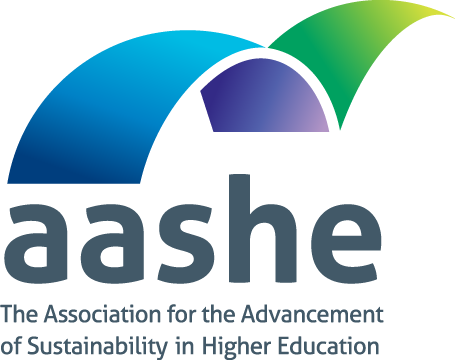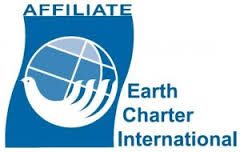Going Green
Live a greener lifestyle at FGCU. From getting around more affordably, to hosting a "less-waste" event, or assisting the university in its environmental mission through on-campus service learning opportunities - you will find it here.
Repurposed Property and Supplies
The Repurposed Property and Supplies website is designed to make it easier for FGCU departments to browse and claim available surplus items already owned by the University. This strategic initiative supports FGCU’s commitment to sustainability by reusing, repurposing, and reclaiming idle University supplies and property.
Learn MoreTimely Tip: How do I get rid of old batteries from my personal devices?
Do NOT put ANY batteries in recycling containers! Some (but not ALL) batteries may be thrown out in regular trash.
Here in Lee County, Florida, household single-use alkaline batteries such as AA, AAA, C, D, 9-volt can be discarded with your regular garbage. Button batteries for watches and hearing aids can also go in your regular garbage.
Other batteries, such as Nickel-cadmium and lithium-ion batteries found in cordless phones, rechargeable batteries like those found in cordless drills, and car batteries from your personal devices must be taken off campus to a recycling center or a store that has a battery drop off (these stores take back batteries even if you did not buy the device or battery from them originally).
Find locations near you: Call2Recycle Locator
Safety warning: Old batteries may not have enough energy to power a device, but they can still spark a fire if they’re not handled carefully. Place each battery into a separate sealed plastic bag.
Note: For university owned computer equipment and peripherals, please contact ITS Helpdesk at (239)590-1188 or helpdesk@fgcu.edu
Collaborating for a Sustainable Future

FGCU is a Member of the Association for the Advancement of Sustainability in Higher Education
FGCU demonstrates its commitment to sustainability by actively engaging with leading organizations in the field. Through AASHE membership, we join a global network of institutions dedicated to advancing environmental stewardship and best practices. Through this affiliation, FGCU leverages resources, collaboration, and innovation to strengthen campus-wide sustainability initiatives and foster a culture of responsibility for future generations.
FGCU faculty, staff, and students may access all AASHE resources by signing up for an account using your FGCU email address.

FGCU Achieves GOLD - Four Times in a Row!
FGCU has proudly earned a Gold Rating on the Sustainability Tracking, Assessment & Rating System (STARS) in 2014, 2017,
2020, and again in 2024 - a testament to our ongoing commitment to sustainability
excellence.
STARS, a program of the Association for the Advancement of Sustainability in Higher
Education (AASHE), measures progress across four key areas: Operations, Academics,
Engagement, and Planning & Administration. This recognition reflects FGCU’s dedication
to integrating sustainability into every aspect of campus life.

Earth Charter International
The Earth Charter is, “an ethical framework for building a just, sustainable, and peaceful global society in the 21st century.” Florida Gulf Coast University has been an International Affiliate of the Earth Charter since 2009, when President Bradshaw signed the Affiliation Agreementrecognizing the connection between FGCU’s mission and the principles of the Earth Charter.

Did You Know?
The FGCU Sustainability symbol has meaning. The “S” is representative of the words sustainability and stewardship. The “S” is in the shape of the infinity symbol representing unlimited capacity, energy, excellence, or knowledge. The FGCU emerald green and cobalt blue school colors are symbols of the earth and water, in keeping with the university’s environmental mission.

Get Involved On Campus
Join ECOFGCU - the Environmental Coalition of FGCU
